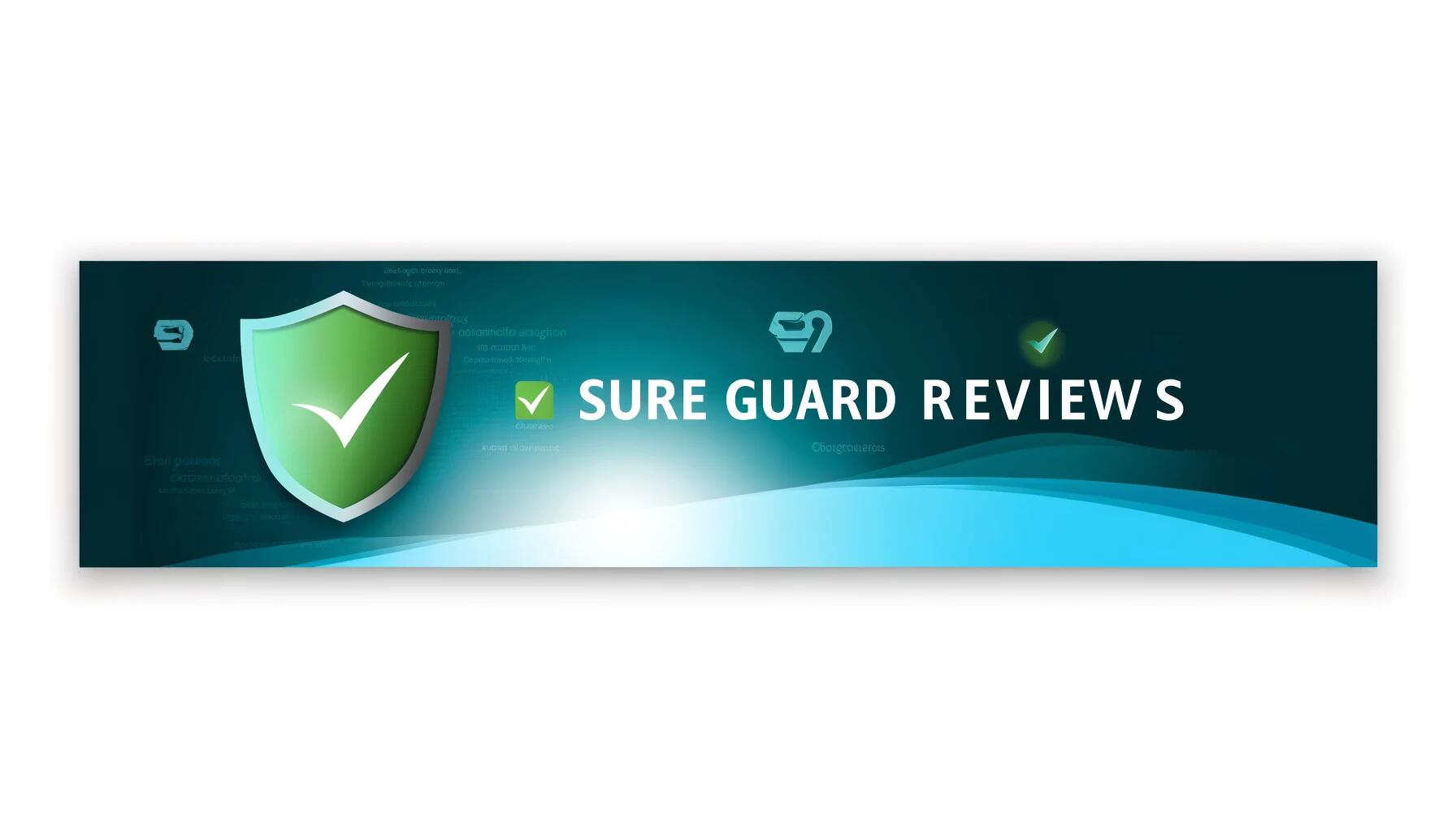Mastering SEO for Effective Reputation Management
In today’s digital age, the importance of maintaining a strong online presence cannot be overstated. Whether for individuals, small businesses, or large corporations, how you are perceived online can significantly impact your success. One of the most effective tools for shaping this online presence is Search Engine Optimization (SEO). Mastering SEO can be a powerful strategy for effective reputation management. This article offers strategic insights into leveraging SEO to enhance your online reputation.
Understanding SEO in the Context of Reputation Management
SEO involves optimizing your online content so that it is more likely to appear in top search engine results. When applied to reputation management, the goal shifts towards ensuring that positive content about you or your business ranks higher than any negative content. This process involves a combination of content creation, keyword optimization, and technical web optimization strategies.
1. Conduct Comprehensive Keyword Research
Begin by identifying the keywords that are most relevant to your brand or personal name. These are the terms that people are likely to use when searching for information about you or your business. Once identified, you can create or optimize content around these keywords to reinforce positive messages and dilute the visibility of any negative content.
2. Optimize Your Website and Content
Ensure your website and all your online content are fully optimized for search engines. This includes using appropriate meta tags, creating high-quality content that addresses your audience’s needs, and ensuring your site is mobile-friendly and loads quickly. On-page SEO techniques, such as strategic keyword placement and the effective use of headings, also play a crucial role in improving your site’s ranking.
3. Leverage Social Media
Social media profiles often rank highly in search engine results, making them invaluable tools in your SEO reputation management strategy. Regularly update your profiles with positive content and engage with your audience to promote a positive image. By doing so, you can increase the visibility of positive content in search results, which can help overshadow any negative mentions.
4. Publish High-Quality Content Regularly
One of the most effective ways to boost your online image is by consistently publishing high-quality content related to your brand. This can include blog posts, press releases, whitepapers, or even videos. Quality content that engages and provides value to your audience can earn backlinks from reputable sites, further enhancing your search engine rankings.
5. Monitor Your Online Reputation
Constant monitoring of your online reputation is crucial for effective management. Use tools to track mentions of your name or brand across the web, including on social media and in search engine results. Staying informed about what is being said about you online enables you to respond quickly to negative content and manage your reputation proactively.
6. Encourage Positive Reviews
Online reviews can significantly affect your brand’s reputation and search engine rankings. Encourage your satisfied customers or clients to leave positive reviews on platforms relevant to your industry. Responding to both positive and negative reviews shows that you value feedback and are committed to maintaining a positive customer experience.
Effective reputation management through SEO is a long-term strategy that requires consistent effort. By understanding how to optimize your content and engage with your audience positively, you can significantly influence how you are perceived online. Keeping abreast of SEO best practices and adapting your strategies as search algorithms evolve will help maintain and improve your online reputation over time.
